10 Things It’s Okay to Get Rid of When a Loved One Passes Away
Sorting through a loved one’s belongings can be one of the most emotional parts of grieving. Every item can seem like a piece of the person, which makes parting with anything feel impossible. But holding on to everything often turns into a burden. Prioritizing starts with asking which possessions truly carry their presence, and which simply take up space without meaning.
When you’re ready, letting go of certain things can make room for both your memories and your own life to breathe.
Unused or Broken Items
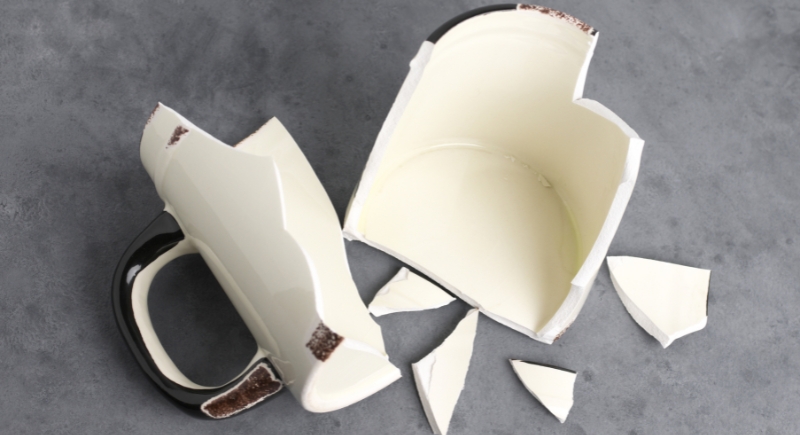
Credit: Getty Images
Seeing a cracked mug or frayed electrical cord might stir the urge to save it out of sentiment, but broken items often bring more risk than comfort. Letting these pieces go allows you to keep memories tied to things you can actually use and enjoy, rather than those that could cause harm.
Items They Didn’t Actually Like
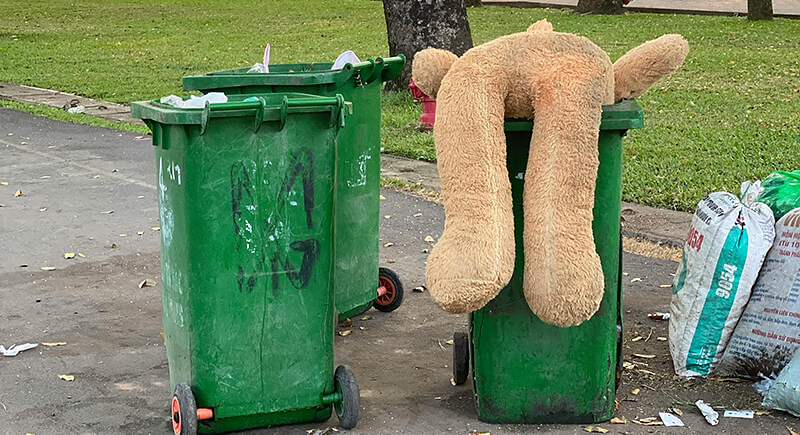
Credit: pexels
If they kept a gift out of politeness or displayed décor that wasn’t really their style, you’re not erasing their memory if you choose to give it away. Passing such items on can set the record straight about what they truly liked.
Extras of Everyday Things
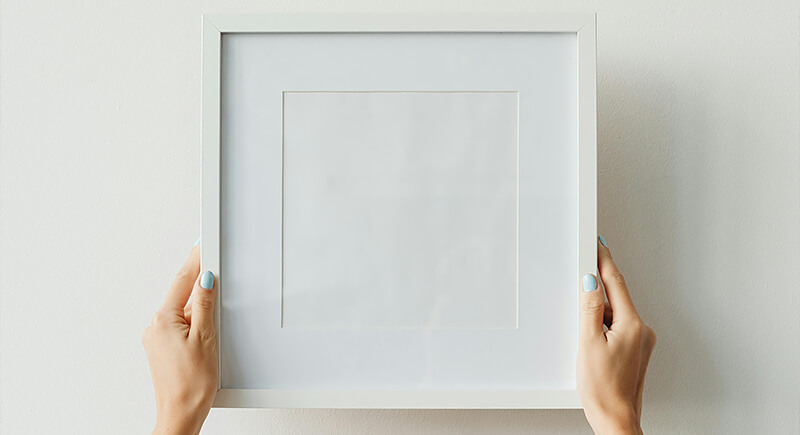
Credit: pexels
Six sets of measuring cups, three identical vases, or a row of unused picture frames may be practical, yes, but not all need to stay. Also, these items are easier to release because they’re practical but not tied to personal memories.
Collections That Don’t Resonate With You
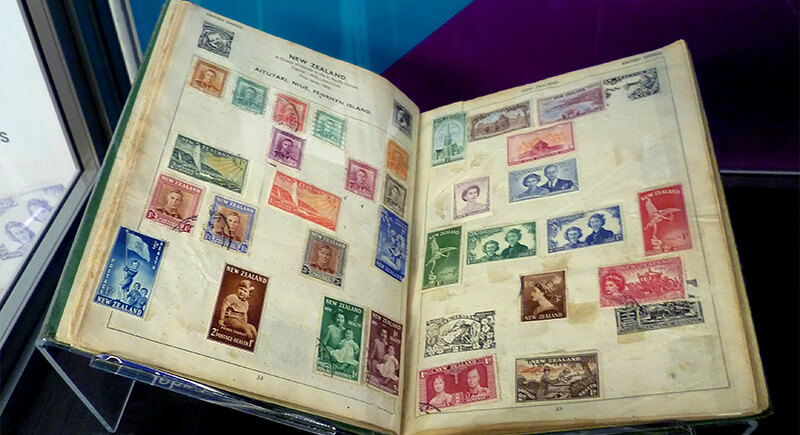
Credit: Wikimedia Commons
Holding on to one or two favorites and giving the rest to someone who shares the enthusiasm can be a respectful compromise. Maybe they loved novelty mugs or model trains, but the collection doesn’t stir the same joy for you.
Items Without Emotional Connection
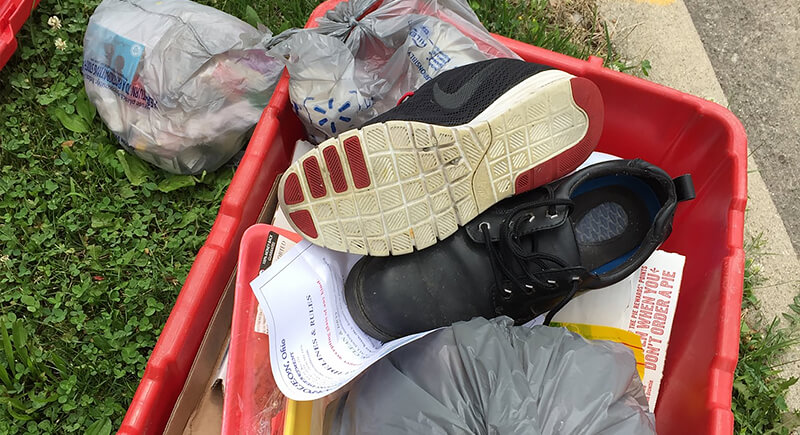
Credit: X
If it doesn’t spark a single memory, it’s probably safe to pass along. These might include generic décor, worn-out household items, or duplicate tools. When an item holds no personal story, letting it go rarely takes an emotional toll.
Paper Clutter and Junk Mail

Credit: Wikimedia Commons
Old bank statements, expired coupons, and decades-old utility bills can weigh more on the mind than on the shelf. Once important documents are set aside, clearing the rest can feel like a quiet exhale. This will also create room for papers that tell the story of your loved one’s life instead of their to-do list.
Furniture Without a Place in Your Home
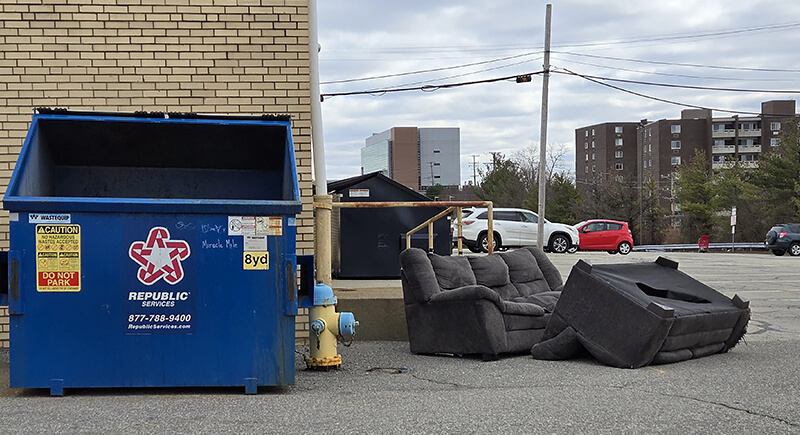
Credit: Reddit
A heavy oak desk or an oversized sectional may hold memories of where they read or napped, but if it disrupts your daily life, a photograph can preserve the sentiment. Letting the piece go to someone who can use it restores balance to your home without losing the connection entirely.
Items Better Suited for Others

Credit: pexels
Some things naturally seem meant for another relative or friend—maybe a guitar a sibling used to borrow or a dish a neighbor always admired. Passing these along ensures the items live on in the hands of someone who already has a piece of their story.
Clothing You’ll Never Wear

Credit: pexels
It’s natural to want to hold on to a shirt that still carries their scent, but an entire wardrobe might be more than you can store. Keep a few cherished pieces if they bring comfort, and donate the rest so others can use them.
Things You Can Preserve Digitally
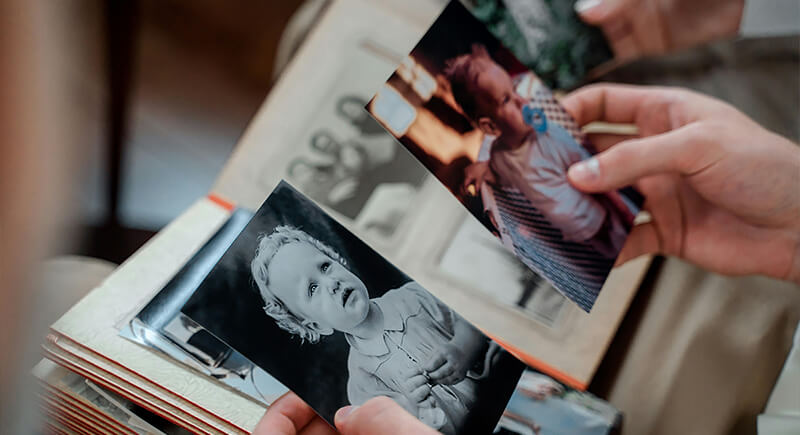
Credit: pexels
Handwritten recipes, photo albums, or letters can be scanned and saved to create lasting digital keepsakes. This is a good way to keep the words and images without devoting a whole drawer to them.
Outdated Technology Without Useful Data
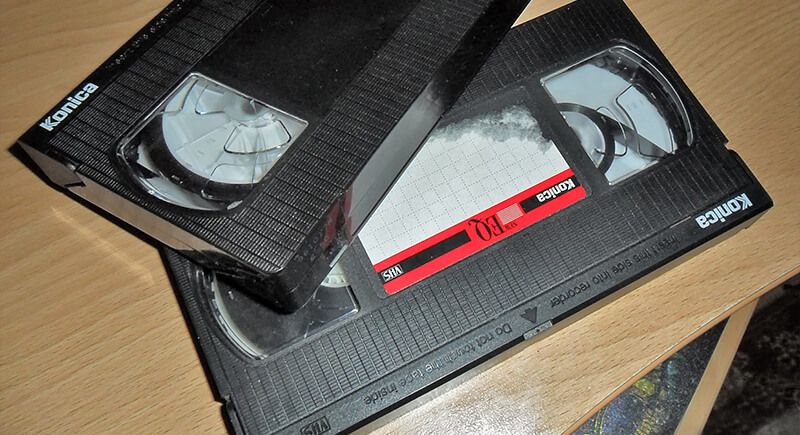
Credit: Wikimedia Commons
Drawers of old flip phones, VHS tapes, or floppy disks may seem like keepsakes, but without the means to use them, they often become dead weight. Before letting go, check for any stored photos, voicemails, or files worth saving. Once copied or backed up, recycling these devices responsibly clears both physical space and mental clutter.
Belongings Tied to Difficult Memories
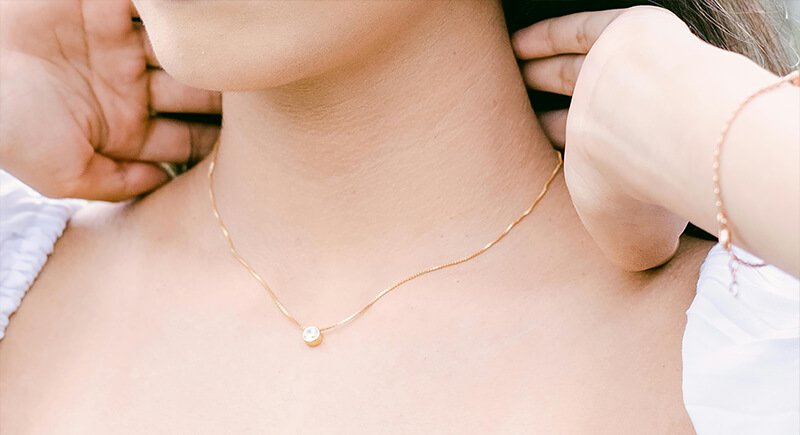
Credit: pexels
Not every reminder brings peace. If an item reopens wounds or drags you into a spiral of sadness, giving it away can be an act of self-preservation. Healing often involves choosing which connections to keep and which to release for your own well-being.
Non-Sentimental Seasonal Items
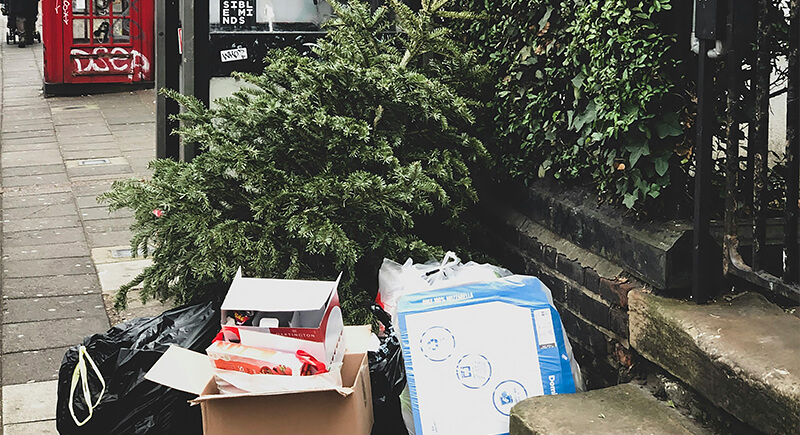
Credit: pexels
Excess storage of non-sentimental seasonal items would only weigh you down. They are used, but rarely have a deep connection. If there are pieces that really hold personal meaning, you can save them and use them for future holidays to feel warm.
Expired or Unsafe Food Items
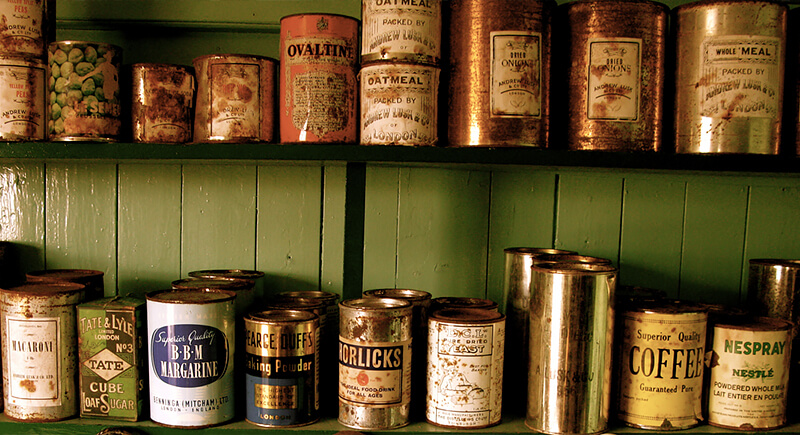
Credit: Wikimedia Commons
Pantries often hold quiet reminders of someone’s habits. But food past its expiration date or home-canned goods that might not be safe can quietly pose a risk. It’s best to discard them to preserve your health while keeping space for edible mementos you can actually enjoy.
Items That Prevent You from Reclaiming Space
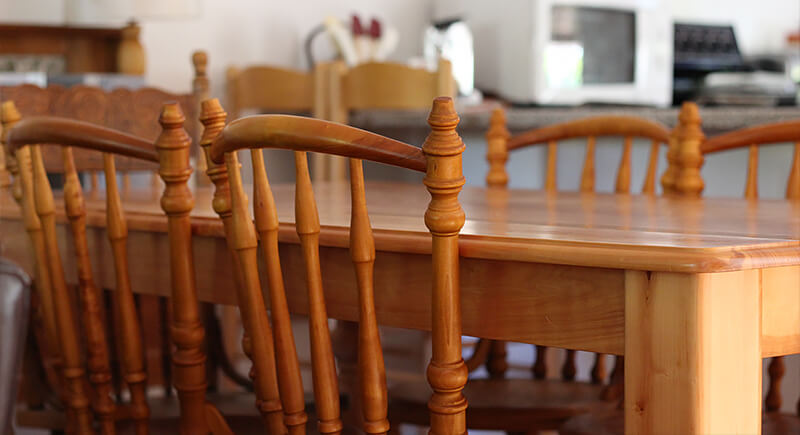
Credit: Wikimedia Commons
When possessions spill into the spaces you use most, they can start to feel like barriers. Clearing away the ones that block your routines can help your home feel like it belongs to you again, without erasing the memories you choose to keep.